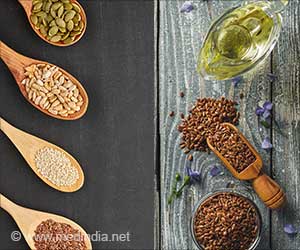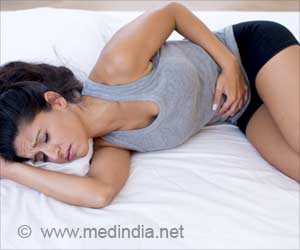
‘Health care professionals should be aware of diet-related obstacles and make efforts to help women with disabilities overcome them.’





Women with disabilities may face specific obstacles in improving their diet due to barriers related to their disabilities including medical conditions or physical limitations, as well as the availability of food, said Andrea Deierlein, Ph.D., M.P.H., an associate professor of public health nutrition at the New York University School of Global Public Health and the study𠏋 corresponding author.To examine the connections among disability, diet quality, and diet-related factors for women who are of reproductive age, researchers examined data detailing 3,507 women ages 18-44 who participated in the National Health and Nutrition Examination Surveys (NHANES) between 2013-2018.
A questionnaire about whether the women had serious difficulties with sensory, physical, and cognitive functions was used to determine disability status.
The Healthy Eating Index-2015 (HEI-2015) assessed the womens' diet quality. The HEI-2015 is composed of 13 components, including fruits, vegetables, protein foods, whole grains, dairy, sodium, and added sugar.
Women also self-reported their diets by quantifying the frequency of eating fast food or frozen or preprepared meals; their participation in public food assistance programs; and/or whether they were the primary meal planner or food shopper in the household.
Advertisement
� almost two times more likely (1.9) to rate the quality of their diet as poor;
Advertisement
� almost two times (1.9) more likely to report very low or low food security;
� almost one-and-a-half times (1.4) more likely to not use public food assistance despite being eligible; and
� one-and-a-half times as likely (1.5) to report someone else in their household as the primary shopper or meal planner
These findings of this study will increase awareness among health care professionals about the importance of evaluating and discussing diet and diet-related issues with their patients and patients' family members.
Researchers also noted several important limitations to the study, including that NHANES is a cross-sectional study and that most data were self-reported by the study participants. Information about disability cause or severity was not detailed.
The study sample size was limited, and researchers could not examine associations of diet by specific disability type. Additionally, information about diet was based on recall of food and beverage intake from the previous day.
Source-Medindia












